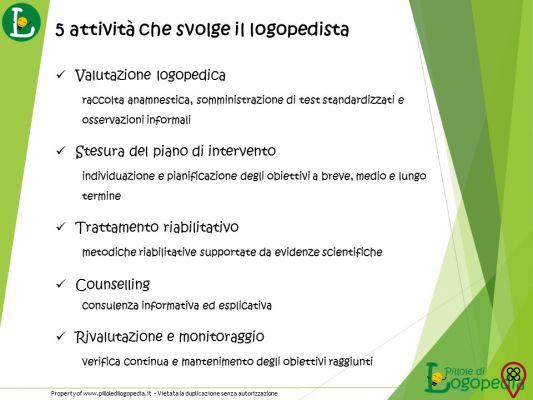Thousands of people around the world suffer from bad breath problems. In general, the main causes of this disease are associated with the presence of bacteria in the oral cavity, systemic problems and poor brushing.
Systemic diseases can reach the bones, lungs and even the heart if microorganisms come into contact with the mouth. Also, when bacteria are aspirated and enter the lungs, they can cause breathing problems, such as pneumonia. Thus, these microorganisms are able to proliferate. From the moment they reach the circulatory current, they contribute to the formation of clots, especially in cases where there is already bleeding in the gum, and thus, these bacteria and microorganisms reach the coronary arteries.
But what is bad breath anyway? We can characterize bad breath as a very characteristic, undesirable and repulsive odor. Also known as halitosis, bad breath is not characterized as a disease, however, it can indicate that something is not going well in your body.
In most cases, the individual who suffers from this problem cannot smell this odor.
About 90 to 95% of cases are of oral origin, which includes gum disease and a saburous tongue (a yellowish or whitish bacterial plaque that forms on the back of the tongue when there is a reduction in the production of the normal amount of saliva) .
Mouth cancer, stomatitis, semi-impacted teeth, extensive and open caries, surgical wounds, dentigerous cysts (bone lesions that occur in most cases in the jaw), excess gingival tissue, abscesses, myiasis (disease caused by the larva of a fly) and ill-fitting dentures can also cause halitosis. A good dentist can easily identify the existence of the problem.
About 5 to 10% of cases of bad breath have an extraoral origin, which include problems with hypoglycemia, prolonged fasting, intestinal, renal and hepatic changes, decompensated diabetes and the ingestion of foods that have the ability to modify the breath.
Depression, liver disease, alcohol intake, severe diet, gum disease, throat infections, constipation, breathing through the mouth and reduced flow of saliva are other factors that can lead to halitosis.
To put an end to this problem once and for all, keep your mouth moist, choose to eat foods that are easy to digest, such as raw salads, and of course, maintain proper and daily hygiene, brushing your teeth correctly after each meal and using dental floss.
In smaller numbers, halitosis can also indicate the presence of more serious health problems, such as cancer. Therefore, if the problem remains, even with the tips that we have given here, it is advisable to seek the help of a professional in the oral area to carry out examinations to identify the problem.
Here are some essential precautions:

- Always keep your mouth clean
When you wake up, before bed or after meals, never forget to floss between your teeth. Then brush your teeth properly, preferably with a soft, firm brush. In addition to rubbing all your teeth, don't forget the roof of your mouth, the inside of your cheeks and especially your tongue.
Another good tip to keep your mouth clean is to use a mouthwash to rinse your mouth, as this product helps to eliminate germs that may be hiding in the mouth cavity.
- Always keep your mouth moist
Another care you should take to keep bad breath away is to keep your mouth always moist. Drinking at least two liters of water daily helps keep your breath fresh and your mucous membranes hydrated. But, if you are not a big fan of drinking water, you can choose to mix in a liter of water, a juice of half a lemon or any other sliced fruit.
- Avoid prolonged fasting
One of the main causes of halitosis is prolonged fasting, so avoid going more than three hours without eating. Opt for the daily consumption of foods that are easily digested, such as lean meats, cooked vegetables or raw salads, because they have a lower amount of fat and thus, end up passing through the stomach more quickly.
Avoid eating foods that can change your breath, such as raw onions and garlic.
- homemade solutions
Cloves, mint leaves and ginger are foods that help to keep our breath always healthy and pure, because in addition to being aromatic, they are antiseptic, which means that they help in the fight against microorganisms and bacteria that can be lodged inside our mouth.
In order not to run the risk of having bad breath, it is essential to keep your mouth hygiene up to date. Never forget to floss and avoid smoking.
Text written by Flávia Faria from the Eu Sem Fronteiras Team

























